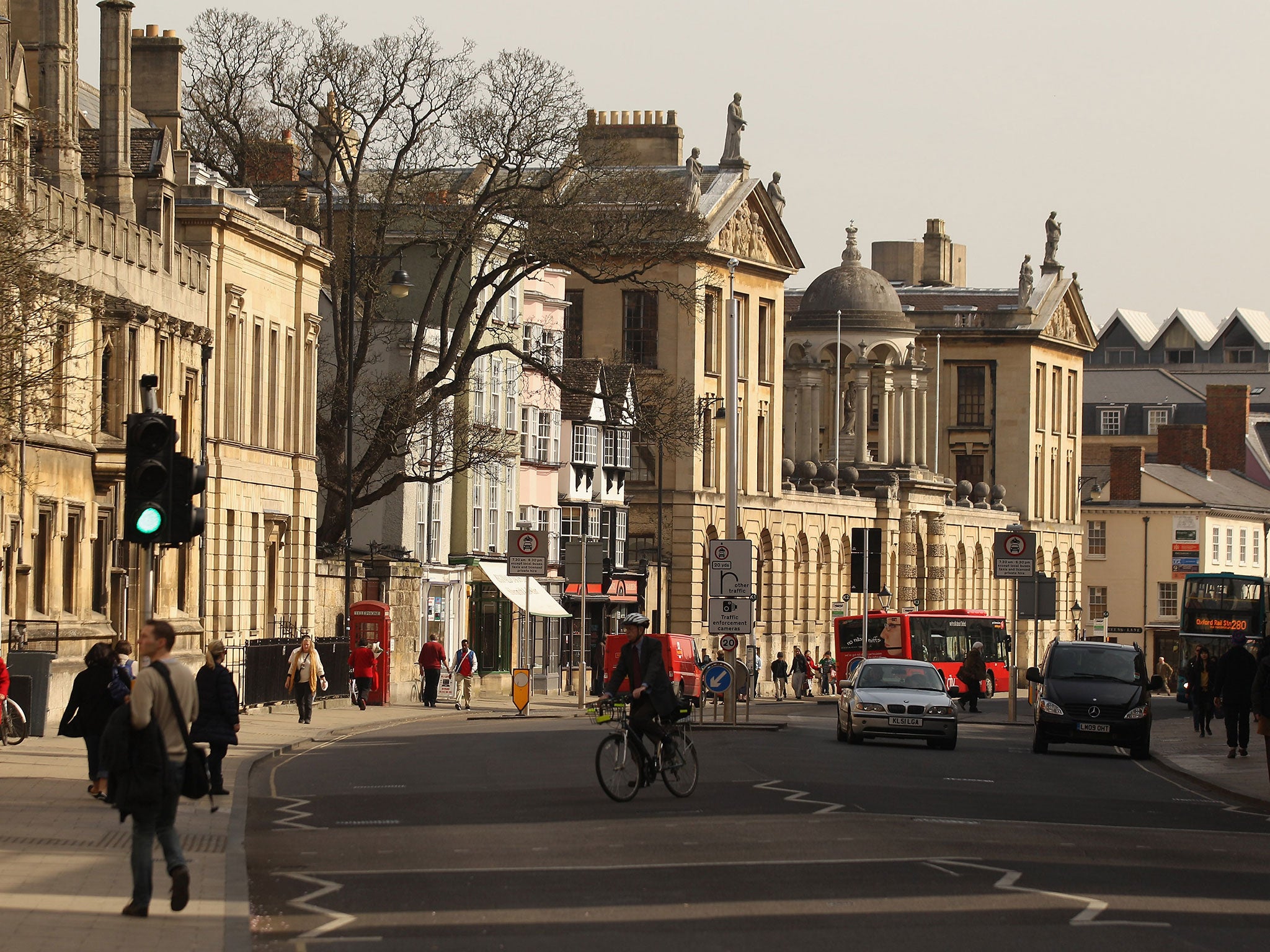Business rates: the time has come to scrap them completely
Abolishing rates would rebalance our property-obsessed economy, yield far more revenue, be fairer and generally more rational and better understood

There may be worse taxes than business rates, but their rationale, administration and effects are so perverse, so damaging and so, frankly, incomprehensible that surely the time has come to abolish them?
Very soon blameless bookshops in Wimbledon, pubs in Fulham, cafes in Brighton, jewellers in Woking and all the rest will be driven out of business because of a tax no-on likes or even understands.
Our high streets already have to contend with insane town planners (the pedestrianisation of Norwich city centre is indeed a favourite bugbear of mine) who carelessly give out-of-town malls an enormous boost by their war on the motorist, unfair competition from on-line businesses who avoid their taxes, intense competition from the giant supermarket chains, not always fairly conducted, charity shops exempt from rates and with other tax breaks, a post-Brexit slowdown in consumer spending, and higher inflationary pressures squeezing profit margins.
Our hard-pressed, beleaguered, neglected pubs also have to cope with excessive rents, uncompetitive wholesale prices for beer and absurd alcohol duties (an average of 52p on your pint of ale). Bank branches and post offices are still closing too. We really don’t need more boarded up shops or offices. Soon there will be neighbourhoods, where you will have to go a very long way to enjoy a traditional night out in the boozer. A way of life is being undermined here.
Soon – unless Philip Hammond takes some evasive action in the Budget on 8 March – businesses across the country will be faced with some disruptive changes to their business rates.
The largest increases are likely to be those in the South and London, where rental values have soared since the last revaluation decades ago.
In the North, by contrast, shops, cafés, pubs offices and other enterprises will gain some much needed relief – but far too late for too many who went to the wall during the Great Recession and after.
So the first and most obvious flaw in the system is the radical changes a revaluation unleashes in the finances of businesses ill-suited to cope with them at such infrequent intervals.
After all, many premises have been bought and sold in the long period between re-assessment, meaning that the operators of these concerns in those periods either had a sort of tax windfall or else were enjoying lower profits, or larger losses, than they needed, to simply because the system is so rigid and inflexible. Indefensible, in other words.
Nor is the rationale for business rates altogether well understood or accepted. It is, in effect, a form of taxation of business, a legacy of the old rates system revised after the poll tax, and later council tax, were eventually brought in a quarter century ago (themselves quite a traumatic set of changes).
Governments hate having to revalue or reform the rates or council tax because of the political unpopularity it inevitably brings – as now, any alteration in taxes always creates vocal losers and silent winners. Thus ministers run away and leave the reform for their successors to deal with. This is the sign of an immature democracy, but also of a system that lacks the legitimacy and acceptance to make it more adjustable more often, like most other duties and taxes.
In practice it tends to penalise smaller businesses with little or no on-line capacity, given that the likes of Amazon are so adept at reducing their tax bills with the sort of complex, though perfectly legal, schemes that small businesses cannot emulate.
Most of all, property taxes on such an arbitrary basis as the council tax or business rates are just that: arbitrary.
Business news: In pictures
Show all 13There are sensible ways of levying taxes on wealth or on property – we already have capital gains tax, for example, and there is no reason in principle why this couldn’t be extended to business premises and, even, principal residence.
The tax would only be payable on sale – so always affordable – and the threshold could be set quite high, so not to penalise those making their way up the ladder. It would rebalance our property-obsessed economy, yield far more revenue, be fairer and generally more rational and better understood.
We could plan for it. But it won’t happen because we enjoy making so much money out of buying and selling our flats and houses. As I say, we live in an immature democracy.
Subscribe to Independent Premium to bookmark this article
Want to bookmark your favourite articles and stories to read or reference later? Start your Independent Premium subscription today.

Join our commenting forum
Join thought-provoking conversations, follow other Independent readers and see their replies